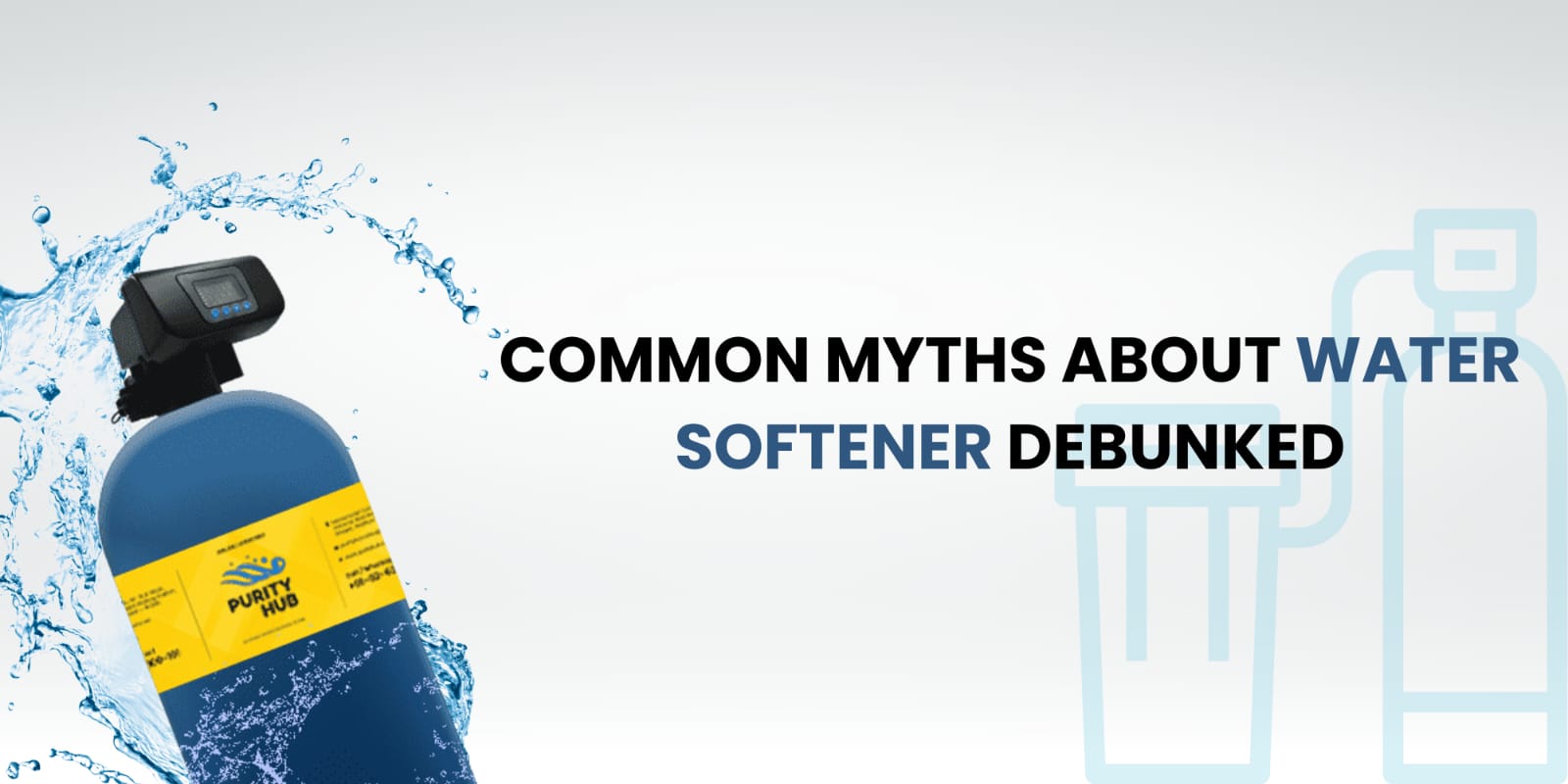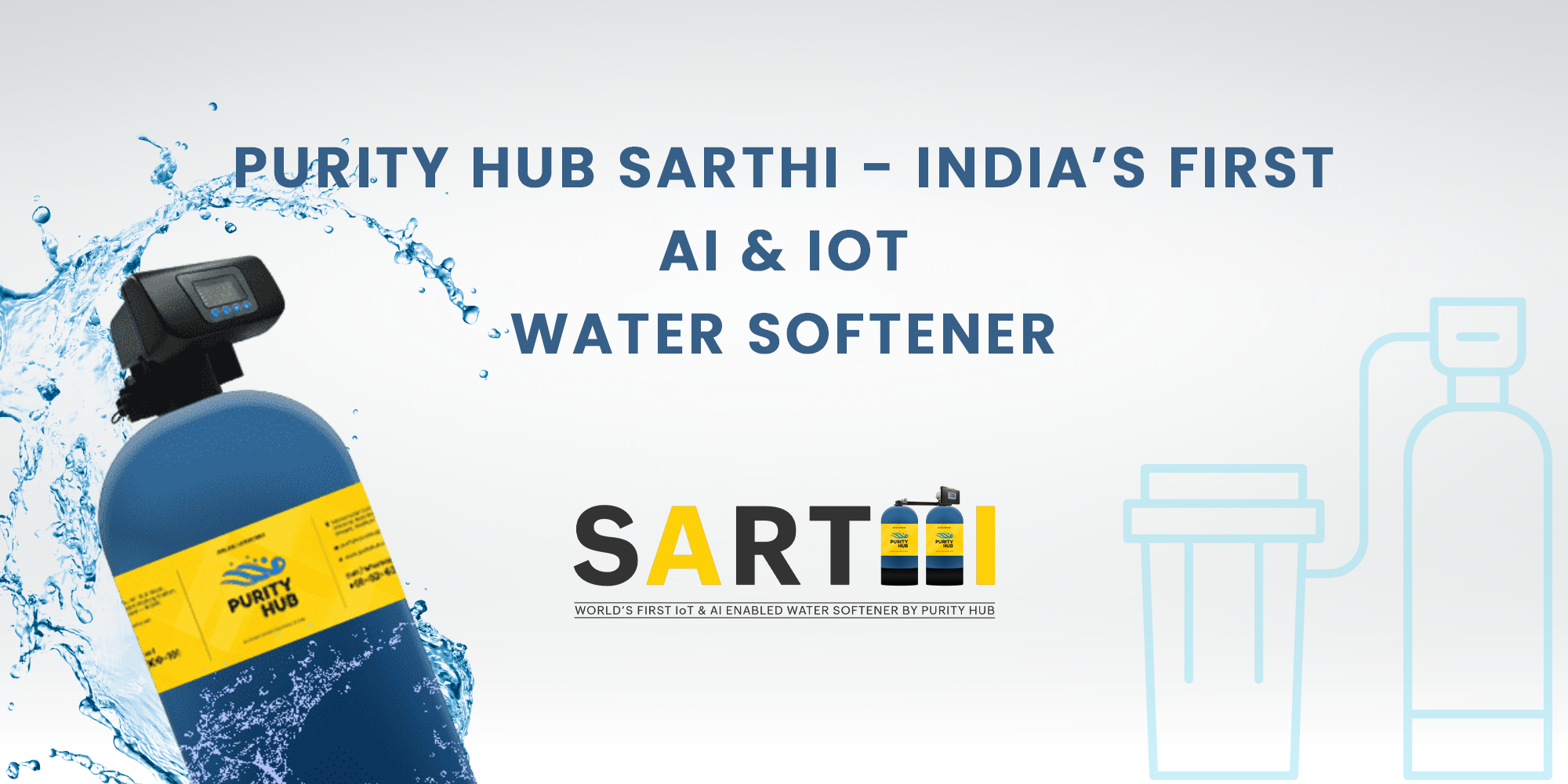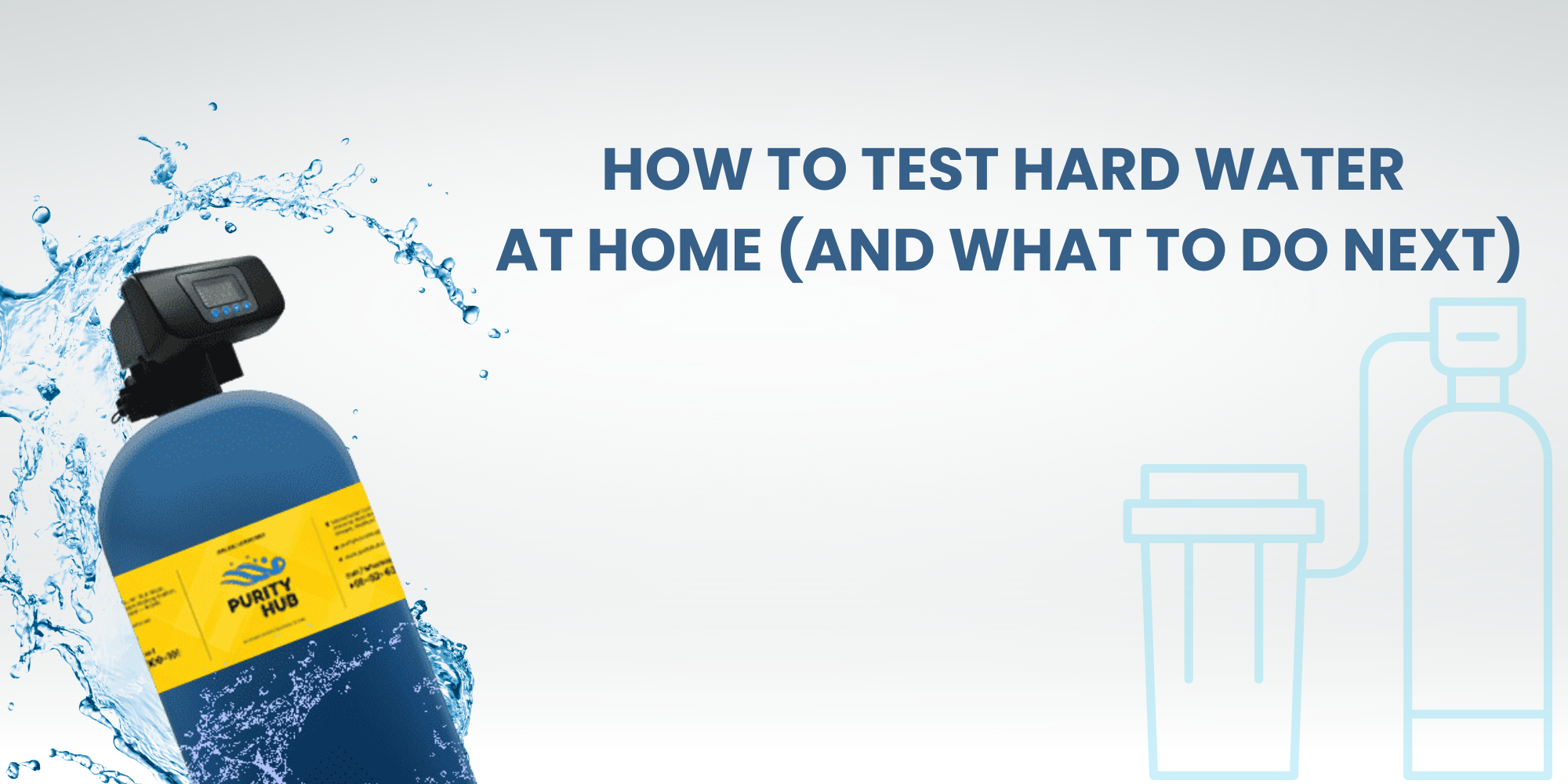
Water softeners have long been regarded as a practical solution for addressing hard water issues. From limescale buildup to soap scum, these systems work to eliminate the minerals responsible for these problems. However, despite their benefits, many myths surround water softeners, often leading to confusion among homeowners. In this blog, we’ll delve into Common Myths About Water Softeners Debunked and clarify misconceptions to help you make informed decisions about your water treatment needs.
Myth 1: Water Softeners Make Water Salty
One of the most prevalent myths about water softeners is that they add salt to your water, making it taste salty. This is far from the truth. Water softeners work through a process called ion exchange, which removes calcium and magnesium ions responsible for water hardness. Salt is used in the softening process, but it doesn’t enter your drinking water. Instead, the salt in a water softener is used to regenerate the resin beads, allowing them to continue capturing hard minerals. The result is soft water, not salty water.
If you're worried about sodium levels in your drinking water, you can always install a reverse osmosis system that will remove any traces of sodium from your softened water. This ensures that your water remains clean and refreshing without the slightest hint of salt.
Myth 2: Soft Water Is Unhealthy to Drink
A common concern is that softened water is unsafe or unhealthy for consumption. This belief stems from the idea that water softeners introduce harmful substances into your water. In reality, water softeners only remove hard minerals like calcium and magnesium, replacing them with trace amounts of sodium. The amount of sodium added is minimal, and for most people, it poses no health risks.
For those on low-sodium diets or with health concerns, the sodium levels in softened water can still be well within acceptable limits. Additionally, as mentioned earlier, using a reverse osmosis system can further purify the water, ensuring it meets your health and safety standards.
Myth 3: Water Softeners Waste Water and Energy
Some believe that water softeners are wasteful, both in terms of water and energy consumption. While it’s true that traditional water softeners use water during the regeneration cycle, newer models are much more efficient. Modern water softeners are designed with features like demand-initiated regeneration, which only activates the regeneration cycle when needed. This reduces water waste and lowers energy consumption.
Furthermore, soft water helps your appliances run more efficiently by preventing mineral buildup. Dishwashers, washing machines, and water heaters all function better with soft water, leading to energy savings over time.
Myth 4: Softened Water Is Bad for Plants
Another common misconception is that softened water can harm your plants. While it’s true that water softened with sodium-based systems can have adverse effects on sensitive plants, there are alternatives. Potassium-based water softeners are a great option for those concerned about their garden's health, as potassium is a beneficial nutrient for plants.
If you prefer sodium-based softeners, you can always direct your softened water for household use and use untreated water for your garden. This ensures that your plants get the minerals they need without being exposed to potentially harmful sodium levels.
Myth 5: Water Softeners Are Too Expensive to Maintain
There’s a belief that water softeners are costly to maintain, which discourages some homeowners from installing them. While there are upfront costs associated with purchasing and installing a water softener, the long-term benefits often outweigh the expenses. Regular maintenance, such as refilling the salt and occasionally cleaning the unit, is relatively inexpensive.
Moreover, using a water softener can save you money in the long run. Softened water extends the lifespan of appliances like water heaters, dishwashers, and washing machines, reducing the need for costly repairs or replacements. It also reduces the amount of soap and detergent you need to use, leading to savings on cleaning products.
Myth 6: Water Softeners Remove All Minerals, Including Good Ones
A common concern is that water softeners strip water of all its minerals, including the beneficial ones. While water softeners do remove calcium and magnesium, which are responsible for hardness, these minerals are not typically the best source of nutrients for your body. In fact, most of your calcium and magnesium intake comes from food rather than water.
If you're concerned about losing these minerals, rest assured that a balanced diet will provide you with the necessary nutrients. Plus, if you prefer to keep some minerals in your water, you can opt for a system that allows for partial softening or use a remineralization filter after the softening process.
Myth 7: You Don’t Need a Water Softener if You Have a Water Filter
Many homeowners believe that installing a water filter is sufficient and that a water softener is unnecessary. However, water filters and water softeners serve different purposes. While a water filter removes contaminants such as chlorine, sediment, and bacteria, a water softener specifically addresses water hardness by removing calcium and magnesium ions.
For those who have hard water, a filter alone won’t solve issues like limescale buildup, dry skin, and soap scum. A water softener is the most effective solution for these problems. For optimal water quality, it’s often recommended to use both a water filter and a water softener in tandem.
Myth 8: Water Softeners Are Only Necessary in Very Hard Water Areas
Some people believe that only those living in areas with extremely hard water need a water softener. However, even moderate levels of hardness can cause problems over time. Hard water can reduce the efficiency of your appliances, increase energy bills, and lead to dry skin and hair.
Installing a water softener can improve water quality in areas with mild to moderate hardness, providing benefits that extend beyond simply preventing limescale. Softer water helps extend the lifespan of your plumbing and appliances, while also improving your overall water experience.
Conclusion
Water softeners are a valuable addition to any home struggling with hard water issues, but misinformation can often cloud judgment. By debunking these Common Myths About Water Softeners, we hope to clarify the benefits of soft water and provide a better understanding of how water softeners work. Whether you’re concerned about cost, maintenance, or the health implications of softened water, it’s clear that many of the fears surrounding water softeners are unfounded. Investing in a reliable water softener can improve your water quality, protect your appliances, and enhance your day-to-day comfort.



